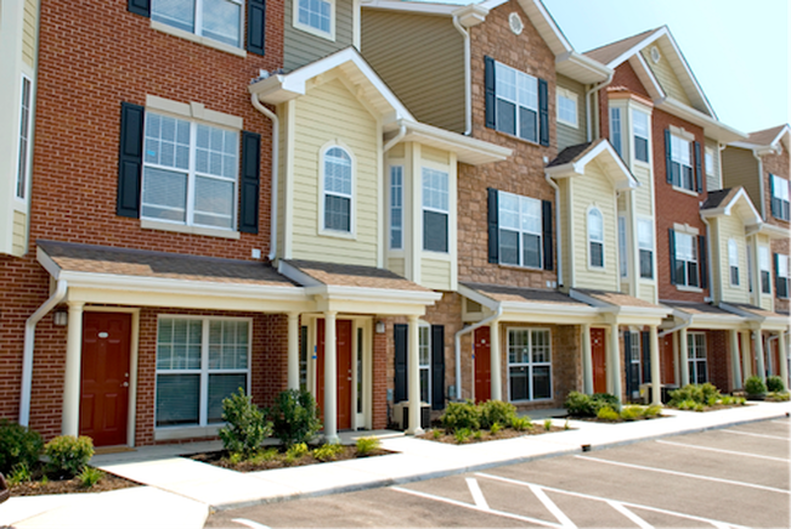Owning a condominium isn’t for everyone, but for those of you looking to downsize a bit, turn over landscaping chores, or retire to warmer climates, a condo can be a great alternative. With fewer responsibilities to worry about and a new set of rules to follow, however, life in a condo may take a bit of adjusting for some people – especially when it comes to purchasing insurance. To help explain some of the most frequently asked questions our policyholders have about condo insurance, Sandvik Insurance Agency put together this helpful guide:
How does condo insurance work?
Because condo owners are ultimately only responsible for the personal space they live in, condo insurance works much differently than homeowners. Whereas homeowners are responsible for insuring the inside and outside of a home (as well as the land it sits on), condo insurance typically only requires owners to insure the interior of their residence. Since owners of a unit do not own the entire condominium complex, the land your condo sits on, the condo’s building structure, and the building’s common areas are all shared by the collective group of condo owners. From an insurance standpoint, individual unit owners typically pay a monthly fee to their homeowners association (HOA) to assume responsibility and cover these common areas.
What are condo owners personally responsible for?
When it comes to determining what condo owners are responsible for insuring themselves, there are usually two different types of master policies:
Bare walls-in: Master policy covers all real property on the interior of the unit, except for the fixtures and appliances (i.e. granite countertops, bathroom fixtures, kitchen fixtures, and flooring).
All-in: Master policy covers all fixtures, installations, and additions within the interior of the unit. The unit owner is only responsible for personal items.
What will the homeowners association (HOA) cover?
Though condo owners are responsible for insuring their own unit, when something happens to the shared buildings and common areas, the condominium’s HOA takes responsibility. For example, if the building were to sustain damage during a natural disaster, the HOA will make the claim to the carrier and, in turn, they’ll be covered for the loss. However, if there’s a deductible for the claim, that deductible will be split evenly and charged to all unit owners. In other words, if there were a $10,000 deductible and 10 unit owners, each unit owner would be charged $1,000. To learn more about your HOA’s insurance agreement, contact the HOA manager.
What about liability coverage?
Determining who’s responsible for what is easily the most confusing thing about condo insurance. In the case of liability coverage, condo owners will be held responsible if a visitor is injured inside their unit, they accidentally injure someone away from their unit, or they damage someone else’s property. If someone is injured in one of their complex’s common areas (e.g., visitor slips in the pool area), the HOA insurance will typically be responsible.
How much coverage is necessary?
Once condo owners have figured out exactly what is covered under the master policy, it’s time to acquire individual coverage for their unit. One of the easiest ways to do this is by taking a home inventory. Going through your items of value (e.g., TV, computer, jewelry, furniture, appliances, etc.), take pictures and make sure you write down the item’s name, manufacturer, model/serial number, date purchased, and purchase price. By writing down as much information as possible, your insurance agent will have an easier time assessing how much coverage is needed, as well as assessing how much compensation you’d receive in case something were to happen.
Whether you only use your condo for vacation, or you live there year ’round, it’s very important that you’re familiar with your condominium’s insurance policies. Though this resource is intended to serve as a helpful guide, policies vary from association to association, and insurance carrier to insurance carrier. To learn more about properly protecting your condo, contact your local independent insurance agent today!


 RSS Feed
RSS Feed
